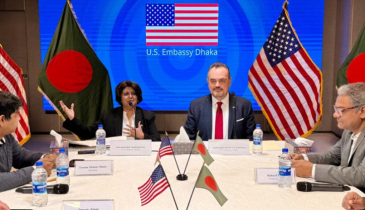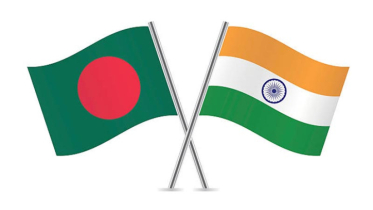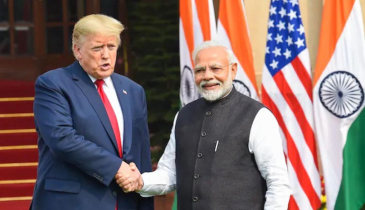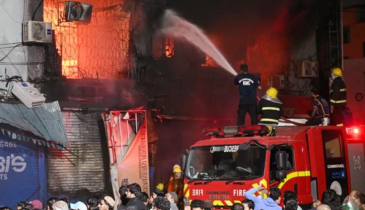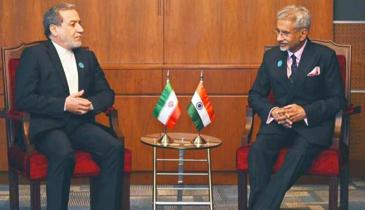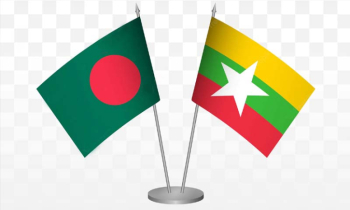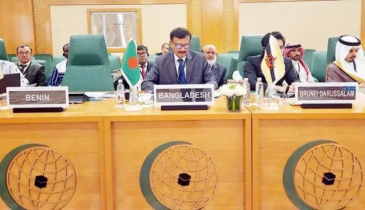Taliban-Pakistani forces trade heavy fire along Afghanistan border
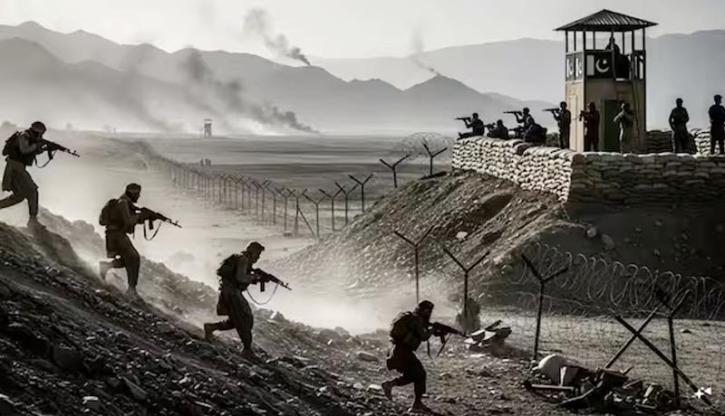
Heavy clashes erupted between Taliban and Pakistani forces along the Afghanistan-Pakistan border, further straining relations between the two uneasy neighbours. The exchange of fire has drawn urgent appeals for calm from Iran, Qatar, and Saudi Arabia amid growing fears of a wider regional escalation.
According to Enayatullah Khwarizmi, spokesperson for Afghanistan’s Ministry of Defence, Taliban forces launched what he described as “successful retaliatory operations” on Saturday night. He accused Pakistan of “repeated violations of Afghan sovereignty” and condemned Islamabad’s alleged air strikes on Afghan territory earlier in the week.
Pakistan, however, rejected the allegations and accused the Taliban of initiating “unprovoked aggression.” Interior Minister Mohsin Naqvi said Pakistani security forces were responding “with a stone for every brick,” vowing that any attack on Pakistani soil would be met with decisive force.
“Firing by Afghan forces on civilian populations is a blatant violation of international law,” Naqvi wrote on X (formerly Twitter), adding that Pakistan’s armed forces had issued an “immediate and powerful” response.
Security sources cited by Radio Pakistan reported that the clashes broke out at six different points along the border, including areas near the volatile Khyber and Chitral regions. Videos released by state media showed intense bursts of gunfire and artillery exchanges lighting up the night sky.
The latest fighting follows Thursday’s air strikes in Kabul, which killed and injured several people. The Taliban government accused Pakistan of carrying out the attack, a claim Islamabad has neither confirmed nor denied. Pakistan has long maintained that the Taliban administration in Kabul shelters fighters from the Tehreek-e-Taliban Pakistan (TTP)—a banned militant group responsible for deadly attacks inside Pakistan—with alleged backing from India.
India has dismissed such accusations as “baseless,” while the Taliban insists it does not permit any militant group to use Afghan territory against neighbouring countries.
The escalating hostilities have alarmed regional stakeholders who fear that tensions could destabilize an already fragile region. Iranian Foreign Minister Abbas Araghchi urged both sides to “exercise maximum restraint and engage in dialogue.” Qatar’s Foreign Ministry expressed “deep concern” about the border clashes and their potential impact on “regional peace and security.”
Saudi Arabia also weighed in, urging both Kabul and Islamabad to “avoid escalation and pursue dialogue and wisdom” to maintain stability. “The Kingdom calls on both parties to prioritize regional peace and de-escalation efforts,” the Saudi Foreign Ministry said in a statement.
Analysts warn that the renewed border violence underscores the fragile nature of Afghanistan-Pakistan relations since the Taliban’s return to power in 2021. Despite past efforts to strengthen trade and security cooperation, mistrust over cross-border militancy and airspace violations continues to drive the two countries toward confrontation, raising fears of a prolonged conflict in South Asia’s most volatile frontier.
.png)


